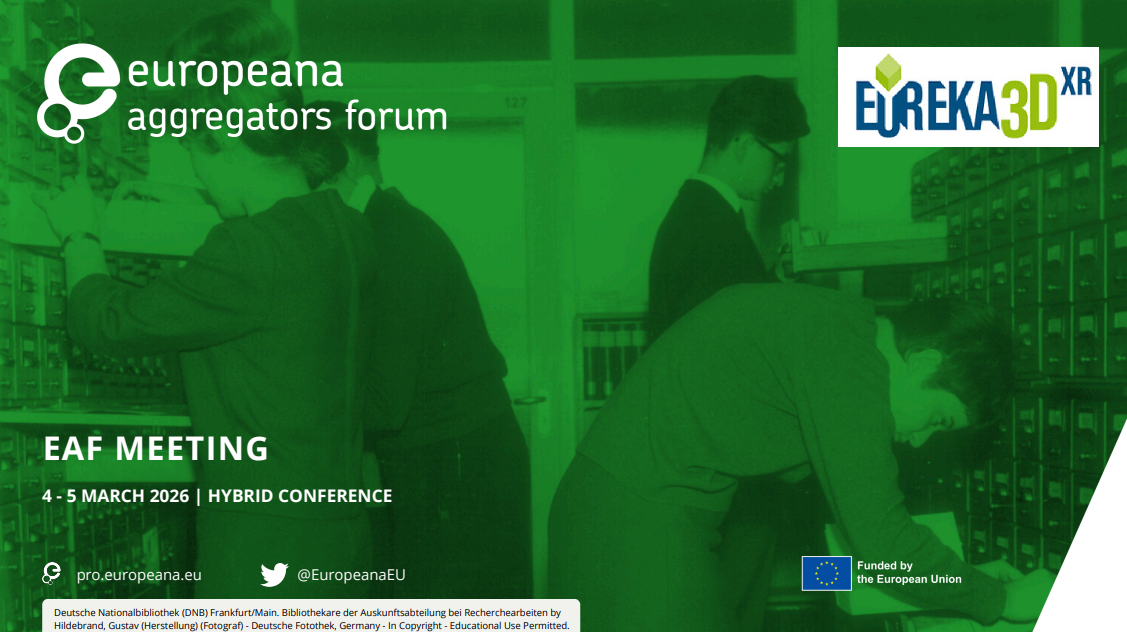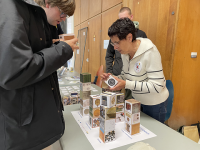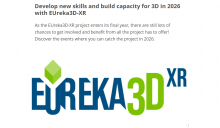Login Status
-
Free text
UPCOMING EVENTS:
 Wrocław University of Environmental and Life Sciences, 4th of Match 2026
Wrocław University of Environmental and Life Sciences, 4th of Match 2026The international conference “Cross-border cooperation in the era of challenges and transformation – space, energy, climate, culture” will be held on 4 March 2026 at the Wrocław University of Environmental and Life Sciences, in Wrocław, Poland. The conference will explore key issues facing border regions, from … Continue reading →
 Girona and online, 29 January 2026
Girona and online, 29 January 2026With over 50 participants on site and a equal number of attendees online, EUreka3D-XR organized a Capacity Building and demonstration event. The demonstration comes at a moment when the project’s progress in the development of tools and pilot scenarios has … Continue reading →
Topic: e-infrastructures
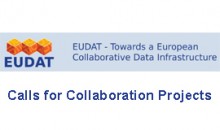
EUDAT is inviting research communities, research projects and individual researchers to make use of its data services that are available at a European scale and is offering free resources and expertise to pilot collaboration projects as part of its Collaborative Data Infrastructure where users, community centres and large data centres collaboratively tackle data challenges. Continue reading
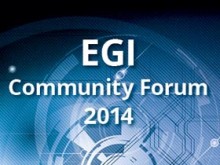
The networking session organised by PREFORMA will present to the whole digital preservation community – open source community, developers, standardization bodies and memory institutions – the new opportunities offered by the pre-commercial-procurement launched by the project. Continue reading

The pan-European data network (GÉANT) has released in December 2013 a report titled “Enabling Users: Options for Joining eduGAIN”, which explores three options for adding services to eduGAIN to help decide which of them is best suited to a particular research community or case. Continue reading
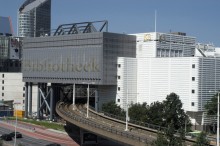
The aim of the workshop, organised by Succeed project, is to discuss best practices and possibilities for alignment and cooperation on a technical level between European Centres of Competence and Digital infrastructures. Continue reading
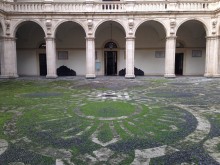
On January 20th and 21st, all the DCH-RP partners met in Catania for the project’s plenary meeting, hosted by INFN at the Department of Physics and Astronomy of the University of Catania. This plenary meeting was particularly important for the partners because … Continue reading
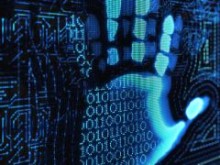
This worskhop, organised by Open Preservation Foundation, is being held in Vienna, at the Austrian Institute of Technology, on 29 May 2015. It offers the opportunity to learn how digital forensics and the use of disk images can support your digital preservation workflows. Participants will get hands-on experience using the BitCurator tools including the latest developments with BitCurator Access. Continue reading
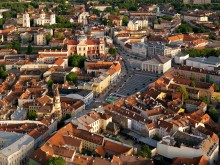
PREFORMA project has been invited to disseminate its results and papers via the eChallenges e-2015 Conference & Exhibition organised in Vilnius, Lithuania from 25 – 27 November 2015 with the support of the European Commission. Continue reading

The 11th International Digital Curation Conference (IDCC16), “Visible data, invisible infrastructure”, will be held in Amsterdam at the Mövenpick Hotel Amsterdam City Centre. There will be a programme of workshops on Monday 22 February and Thursday 25 February and the main conference will run from Tuesday 23 to Wednesday 24 February 2016. Continue reading
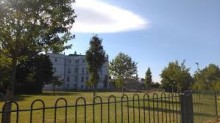
The Eleventh International Conference on Open Repositories, which will be held on June 13th-16th, 2016 at the Trinity College in Dublin, will explore how our rich collections and infrastructure are now an inherent part of contemporary scholarship and research and how they have expanded to touch many aspects of our academic and cultural enterprises. Continue reading
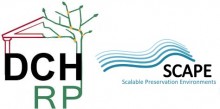
DCH-RP and SCAPE started to discuss possible synergies and cooperation strategies to find concrete actions to be performed together to promote a common infrastructure for the digital preservation of cultural data Continue reading


